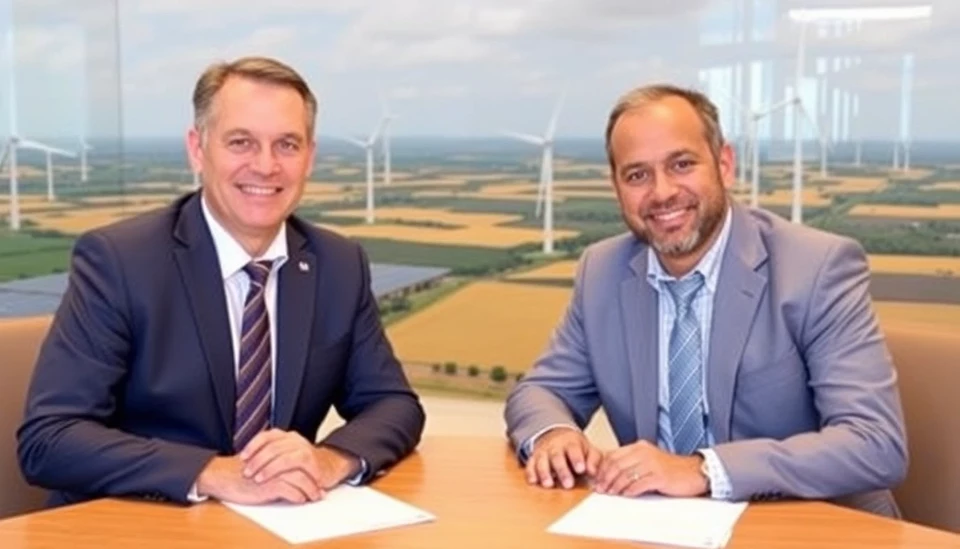
In a recent report, Colombia's economy recorded a modest growth of 1.7% in the past year. This figure, while positive, falls short of expectations, largely impacted by ongoing difficulties within the nation's energy sector. The Colombian government had hoped for a more robust economic performance, anticipating that various sectors would collaborate to bolster the country's Gross Domestic Product (GDP). However, unforeseen hurdles, particularly in energy production, restrained overall expansion.
The energy sector, which is crucial for Colombia's economic stability and growth, has been grappling with several significant issues. Challenges such as fluctuating oil prices, weather-related complications affecting hydroelectric power generation, and regulations hindering investment in fossil fuels contributed to its underperformance. Colombia, a nation heavily dependent on its energy resources for fiscal revenue and foreign investment, found these setbacks detrimental to its overall economic ambitions.
Analysts have pointed out that the weak performance in energy production has had a cascading effect on other industries as well. With energy supply under pressure, costs have risen, and the manufacturing and service sectors have faced rising operational challenges. As these industries play a pivotal role in job creation and domestic consumption, the ripple effects of a struggling energy sector have undermined broader economic resilience.
In response to this scenario, government officials are exploring various reforms aimed at rejuvenating the energy sector while stimulating economic growth in other areas. Steps being considered include incentives for renewable energy investments and revising regulatory frameworks to attract more foreign investment. The Colombian administration is actively working to diversify the economy, hoping to reduce dependence on the energy sector in the long term.
Despite these challenges, there remains cautious optimism about the years ahead. Many believe that if strategic adjustments are made, Colombia could reposition itself for better economic performance. It is essential for the government to prioritize durable solutions that not only resolve immediate crises but also lay the groundwork for sustainable growth.
Looking forward, experts advise that Colombia must better harness its natural resources, leverage technology, and enhance human capital development to move toward a more robust economic recovery. Fostering innovation and sustainability within the economy will be paramount in reshaping Colombia’s economic landscape beyond its historical reliance on energy production.
As the country navigates through these economic difficulties, stakeholders across various sectors will need to unite in their efforts to create a more resilient economic environment that can weather future challenges while promoting robust growth.
In summary, while Colombia's GDP growth in the previous year reflects some resilience, the systemic issues within the energy sector present significant obstacles that need to be tackled head-on to enable sustainable economic development.
#Colombia #EconomicGrowth #EnergySector #GDP #RenewableEnergy #Investment #SustainableDevelopment #FiscalPolicy #Manufacturing #EconomicRecovery
Author: Rachel Greene




